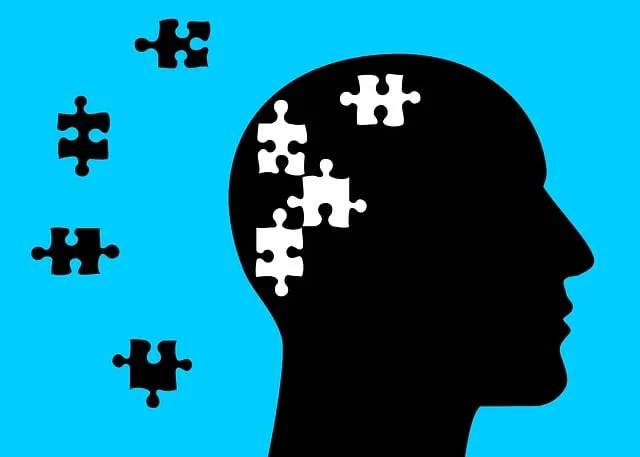Mental health diagnosis accuracy challenges arise from a complex interplay of factors, prompting a multi-faceted strategy. Kaiser addresses these issues through integrated services, evidence-based practices, and professional training, utilizing advanced assessment tools and public awareness campaigns to reduce stigma. Their holistic approach, including therapy, medication management, and peer groups, tailored to diverse needs, ensures superior mental health care. By investing in research and innovative practices, like coping skills training, Kaiser aims to enhance diagnosis accuracy and foster a supportive environment for improved mental health outcomes.
Mental illness diagnosis accuracy is a critical aspect of patient care, yet challenges persist in the current landscape. This article explores the efforts made by organizations like Kaiser to improve diagnostic accuracy through enhanced services and strategies. We delve into their approach, focusing on how Kaiser’s initiatives ensure a superior mental health care experience for patients. Additionally, we discuss future directions, emphasizing the importance of continuous improvement for better patient outcomes.
- Understanding Mental Health Diagnosis: The Current Landscape and Challenges
- Kaiser's Approach to Enhancing Diagnosis Accuracy: Services and Strategies
- Future Directions: Continuous Improvement for Better Patient Care
Understanding Mental Health Diagnosis: The Current Landscape and Challenges

Mental health diagnosis accuracy has long been a subject of concern, with many challenges impeding the path to precise identification and treatment. The current landscape reveals a complex web of factors that contribute to this issue. One significant challenge lies in the vast spectrum of mental illnesses, each with unique symptoms and varying degrees of severity. This complexity often leads to misdiagnosis or delayed diagnosis, impacting patient care significantly. Additionally, the subjective nature of many assessments and the potential for bias further complicates the process.
The Superior approach to enhancing diagnosis accuracy involves a multi-faceted strategy. Kaiser, for instance, has been at the forefront of this movement by integrating comprehensive mental health services into their healthcare network. They emphasize evidence-based practices, regular training for healthcare professionals, and the utilization of advanced assessment tools. Encouraging positive thinking and coping skills development through public awareness campaigns can also empower individuals to recognize signs early on. By raising awareness and reducing stigma, these efforts contribute to a more inclusive and effective mental health support system.
Kaiser's Approach to Enhancing Diagnosis Accuracy: Services and Strategies

Kaiser has pioneered several initiatives aimed at enhancing mental illness diagnosis accuracy. Among their services is a comprehensive array of mental health support that includes specialized therapy sessions, medication management, and peer support groups. These services are designed to cater to diverse mental health needs, ensuring personalized care for each patient.
The organization also emphasizes the importance of continuous professional development through training programs such as Social Skills Training and Burnout Prevention Strategies for Healthcare Providers. Additionally, Kaiser promotes Self-Care Routine Development for Better Mental Health, empowering both patients and healthcare providers with tools to maintain and improve their mental well-being. Through these strategies, Kaiser strives to not only enhance diagnosis accuracy but also foster a more supportive and holistic approach to mental health care.
Future Directions: Continuous Improvement for Better Patient Care

The journey towards enhancing mental illness diagnosis accuracy is an ongoing process, and future efforts should focus on continuous improvement to better serve patients. Kaiser’s commitment to excellence in mental health services sets a promising path for advancement. By investing in research and innovative practices, they can refine assessment methods and ensure more precise diagnoses. This involves exploring cutting-edge technologies and evidence-based strategies that have proven effective in various mental wellness education programs.
One potential direction is the development of comprehensive coping skills training initiatives tailored to different patient populations. These programs could be designed to not only educate individuals about their conditions but also provide practical tools for managing symptoms. Furthermore, integrating these programs with existing mental health services can foster a holistic approach, addressing both the mind and body’s interconnectedness in promoting overall mental health.
Mental illness diagnosis accuracy is a critical aspect of patient care, and organizations like Kaiser are at the forefront of enhancing these practices. By implementing advanced services and strategies, Kaiser strives for superior mental health service delivery. Future improvements will continue to revolutionize this field, ensuring more accurate diagnoses and ultimately better patient outcomes. These efforts underscore the importance of continuous learning and innovation in navigating the complex landscape of mental health care.






